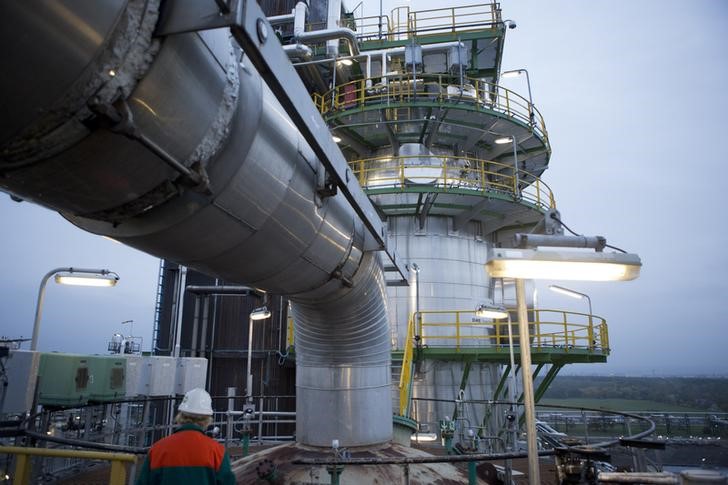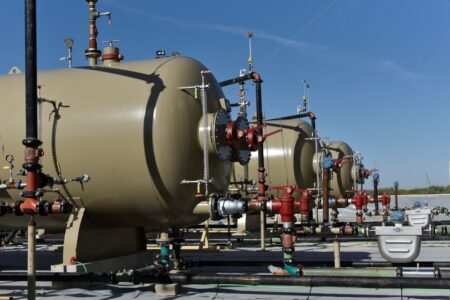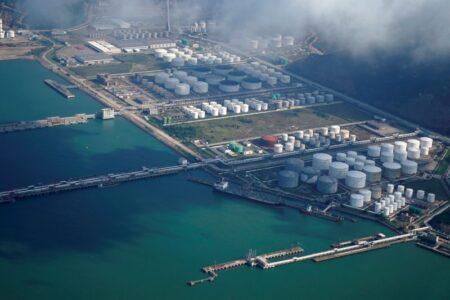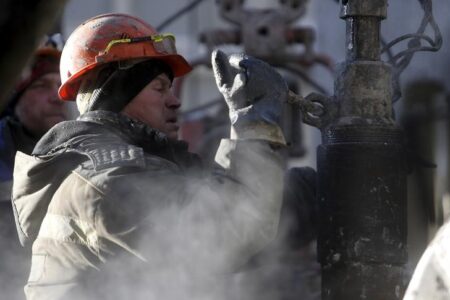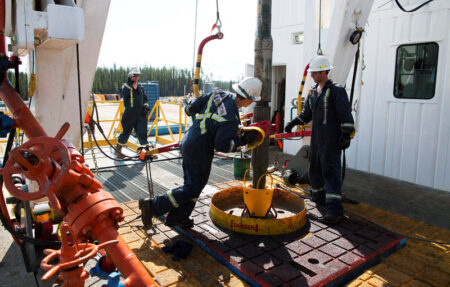The European Central Bank (ECB), the International Energy Agency (IEA), and the European Investment Bank (EIB) are set to meet in Paris on September 29 to address the escalating energy crisis in Europe. The meeting, aimed at devising a unified strategy for a systematic energy transition, comes as Europe grapples with rising energy prices and a shift towards renewable sources.
The urgency of this conference is underscored by Europe’s vulnerability to energy price shocks, which became apparent when Russia invaded Ukraine. This geopolitical event led to sanctions and a subsequent surge in oil and gas prices. West Texas Intermediate (WTI) and benchmarks are currently around $90 per barrel, with some analysts predicting the price could reach $100 or more. Diesel prices have risen above $140 in the US and surged by 60% since summer in Europe.
These soaring energy costs are threatening the competitiveness of European industries. Input costs across the region, including the EU and the UK, have surged beyond those of other developed economies like Japan, the US, and Canada. The Economist Intelligence Unit noted in October 2022 that high energy prices could result in a higher debt burden, business failures, and alterations to the green transition.
This situation is further complicated by the absence of an industrial policy in Europe that matches those of the US, China, Korea, or Japan. This deficiency is most pronounced in the energy sector as Europe attempts to transition to green energy while simultaneously dealing with the crisis in Ukraine.
Securing affordable supplies of critical minerals for clean energy supply chains and fuels is crucial for Europe’s strategic approach. However, political factors have so far hindered this goal. For instance, negotiations between the EU and Mercosur – an alliance of South American countries including Brazil and Argentina – have been stalled since 2019 due to fears among French farmers about competition from these agricultural powerhouses.
Political tension in Francophone Africa is also creating obstacles. Western Africa has experienced a series of military takeovers since 2020, characterized by strong anti-French and anti-European sentiment. While some corporations insist that business will continue as usual, it remains uncertain whether Brussels can negotiate beneficial agreements with such regimes.
As autumn progresses, the focus will be on whether Europe can develop a comprehensive energy strategy to alleviate the uncertainty facing businesses and the general public. Moreover, with winter approaching, it remains to be seen if Europe is prepared for another potential energy price shock or whether further scrambling will exacerbate input costs. The readiness of a plan to reassure Europeans will be closely watched.
This article was generated with the support of AI and reviewed by an editor. For more information see our T&C.
Read the full article here



